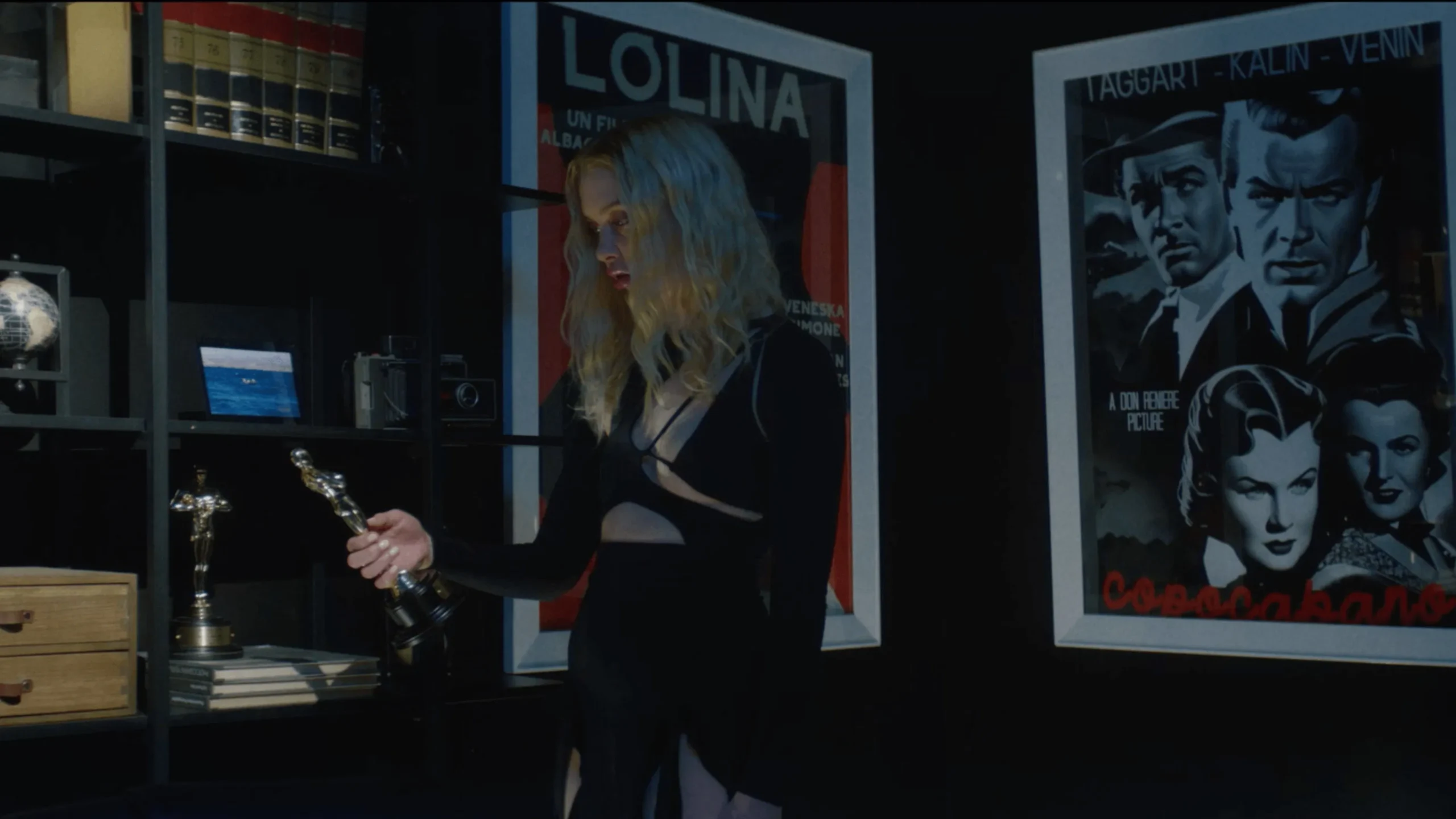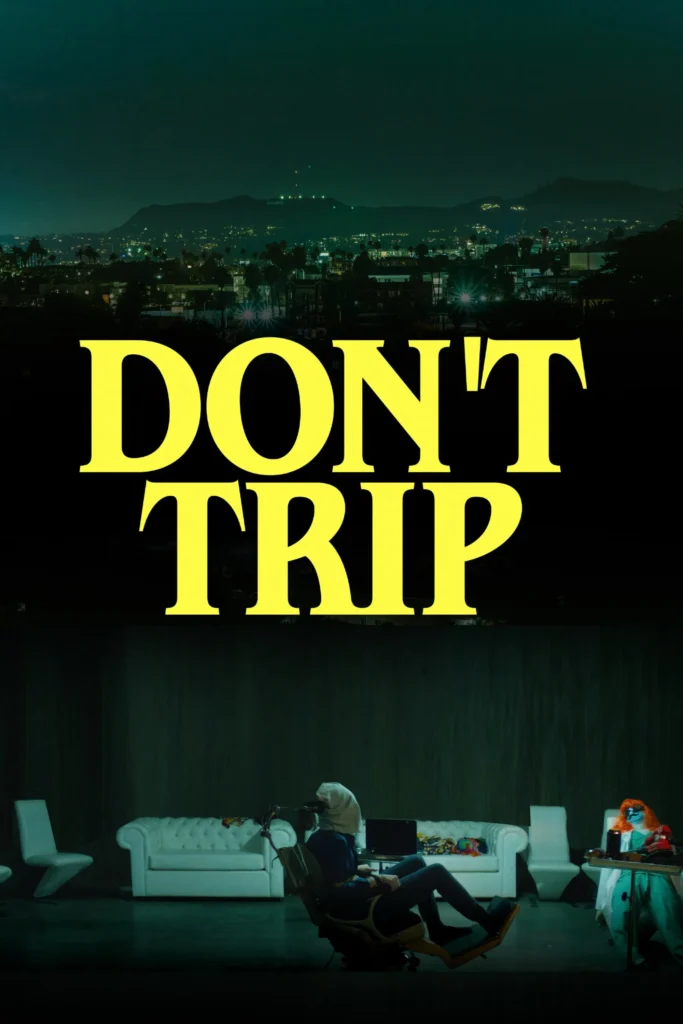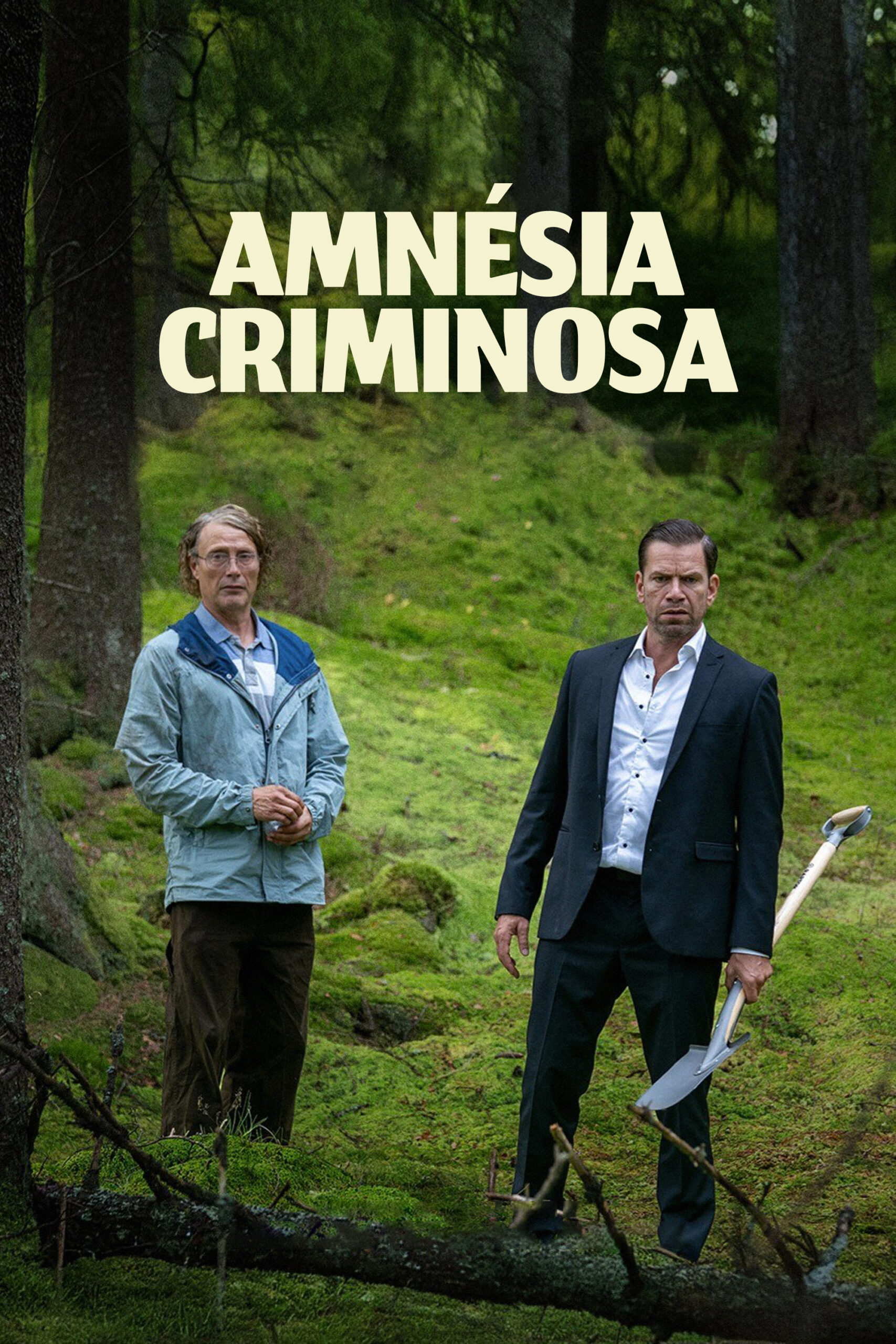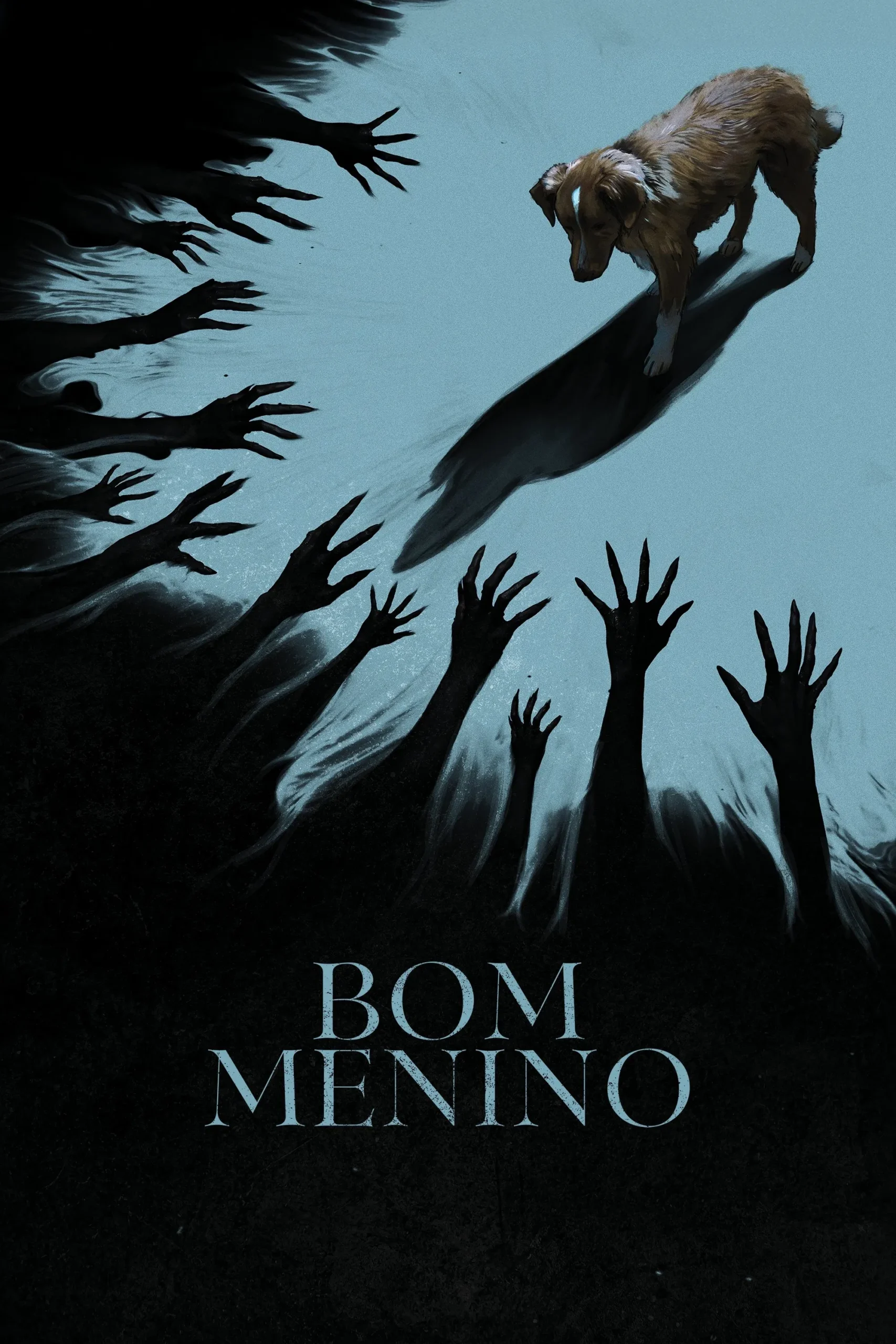“I want to get this thing made… That’s all I want”. That’s one of Dev Ryan’s (Matthew Sato) lines in one of the first scenes of Don’t Trip (2025). In a way, that’s the very motto that has driven many film productions that don’t enjoy the privileges of the commercial and traditional circuits. Throughout the movie, reflecting on that line and on the making of the film itself, I realized how there was a kind of synergy between Don’t Trip and some productions from Brazil’s Boca do Lixo (Trash Mouth) scene. Maybe I’m being a bit partial thinking this way, but I believe Dev’s line could easily have been said by José Mojica Marins, who fought to have his films made within the Brazil’s Cinema Marginal. Don’t get me wrong, Don’t Trip isn’t as gritty or inventive as Zé do Caixão’s (Coffin Joe’s) movies, but it carries the same sense of desire and persistence in filmmaking.
In the film — directed, written, and produced by Alex Kugelman —, we follow Dev, a young screenwriter struggling to get his first movie made. After sending a script to a producer without his boss, Jane’s (Pell James), permission, he gets fired. Desperate to pay the bills, Dev comes up with a plan: to befriend the troubled son of a powerful producer, Trip (Will Sennett). His ultimate goal is to convince Trip to show the script to his father, Scott (Fred Melamed). Although the adventures of the two guys become increasingly bizarre and Dev’s girlfriend, Monica (Olivia Rouyre), starts feeling uncomfortable with her boyfriend’s new friendship, Dev keeps hanging out with Trip, believing he’ll manage to carry out his plan and build his career. However, when Trip finds out about Dev’s true intentions, things take a different turn.
First of all, I’d like to bring back Boca do Lixo. In this case, both Don’t Trip and the films from Brazil’s Cinema Marginal, as I mentioned earlier, share that same will to make films happen. Of course, there are differences: while Boca do Lixo films were “sleazy” and experimental productions that worked with loose language and strong authorial attitudes, Kugelman’s film focuses more on genre aesthetics — horror and comedy, at least in theory. With that in mind, my biggest issue with the movie is the fact that it’s not bolder. Being an independent and alternative production, free from the restraints of major circuits, there was plenty of room for inventiveness. In that sense, even though Don’t Trip — both in its story and on a formal level — shares that same aspiration with Boca do Lixo, Kugelman’s work lacks a sense of awareness about its own potential for boldness. As a result, the feature leans heavily on archetypes: while some of them work, others already feel dated — after all, drugs aren’t that daring anymore in 2025. It’s true that one could say Mojica’s horror films from the sixties were also generic, maybe even a bit pathetic. Indeed, they were, but there was something in the form and in the context of those films that made everything feel more special.
That said, even if there isn’t much stylistic or thematic boldness, Don’t Trip is fearless in its attempt to make its narrative as complex as possible. In other words, think of that kind of film that, even with a solid idea, still tries to embrace the whole world. On one hand, that shows a wide range of references — from Sunset Boulevard (1950) to the most amateur productions of the 2000s. On the other, it makes the movie, at times, confusing. For example, in less than an hour, I felt like there were four different movies in one. At first, Kugelman seemed to be heading toward a story about power dynamics. Then, a gay coming-of-age romance started to feel like the logical direction — especially in that scene where Dev chokes on some kind of churros. In a third moment, it becomes a story about the development of a genuine friendship. Finally, a pseudo-thriller. Of course, you could argue that this is more of a progression than a mess — and to some extent, I’d agree. But there’s something about the way these sequences are tied together that makes the film feel more episodic than it should. Besides, while the comedy is genuinely funny, the horror is weak and never fully convincing.
I don’t think the reason for these issues lies in the cast or the crew — both seem solid and well-intentioned — but rather in a certain discomfort within the film itself. Maybe I can’t quite put it into words, but I feel like both the direction and the actors — especially Matthew Sato — are a bit stiff at the beginning. I don’t think this happens because of a lack of skill, but rather as if they were, I don’t know, embarrassed. I think this idea holds up because, as the movie goes on, everything seems to loosen up, and all its elements start to flow and connect better. That’s clear in how the characters are channeled: while, in the first half, they seem to be forcing themselves to convince us, in the second, that persuasion becomes more natural. Maybe Sato and Sennett finally got to know their roles better. What helps in this process is the transition of character traits from a purely verbal level to one that also involves action — something both the actors and the direction pull off well.
Amid well-used turn-of-the-millennium references and a desire to embody the spirit of self-referential thrillers like Mulholland Drive (2001), Don’t Trip ends up being a fun movie. Of course, maybe I wish the border between a post-ironic approach and a genuine attempt at humor weren’t so blurry. Don’t get me wrong, the film is smart. I really like, for instance, the pun in the title: don’t trip, don’t get high, or don’t fall into Trip’s trap. Still, I can’t lie and say the film doesn’t stumble because of its lack of boldness. By the end, after Dev is kidnapped and forced to put Trip’s name on his script, he and his girlfriend get a video of the guy’s threats. Trip’s father tries to convince Dev to delete the video in exchange for a contract. There isn’t really a proper ending, Dev just looks into the camera with a faint, uneasy smile. Maybe Don’t Trip actually nailed it there: what matters isn’t always the destination, but the road you take to get there.







